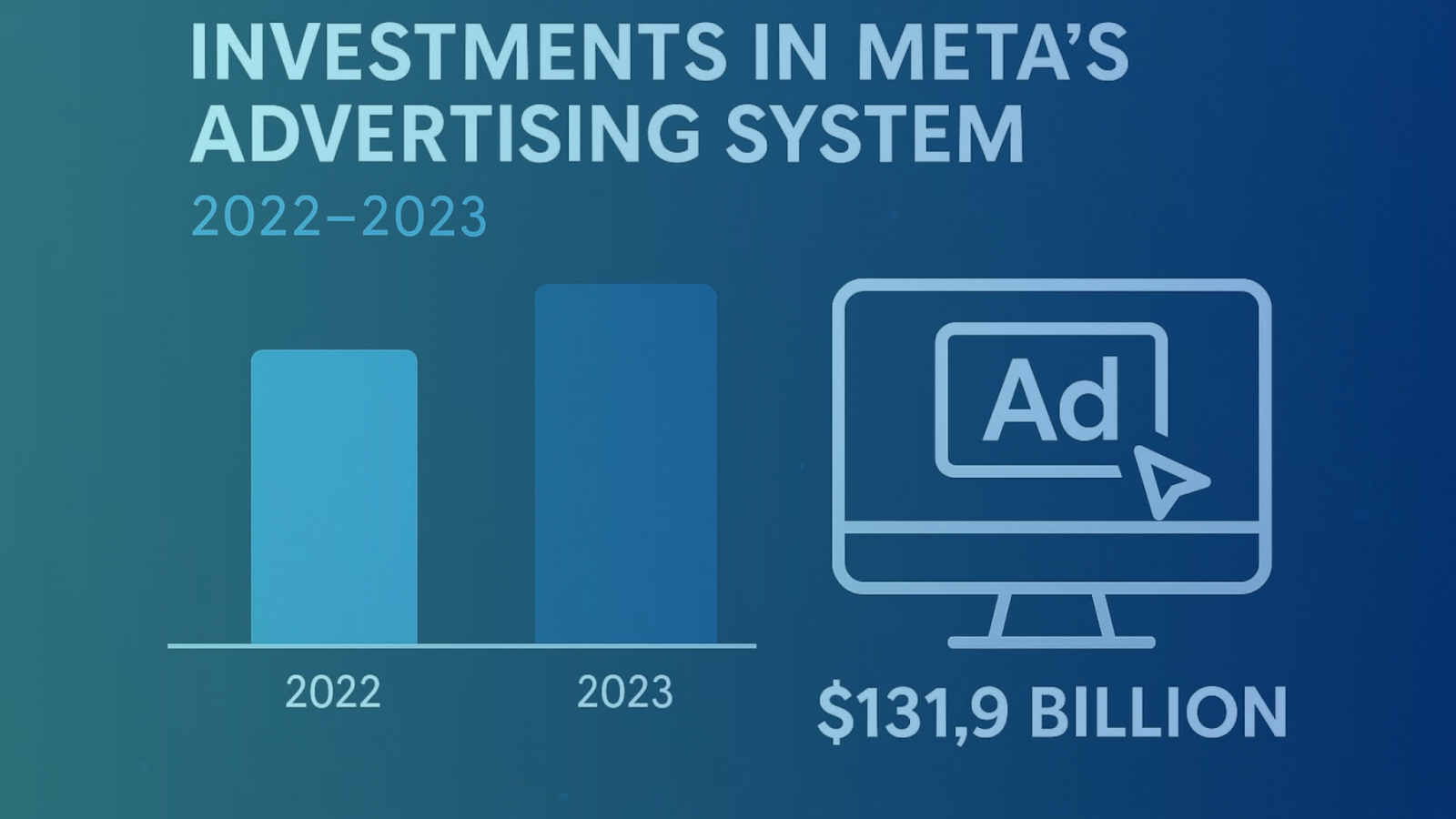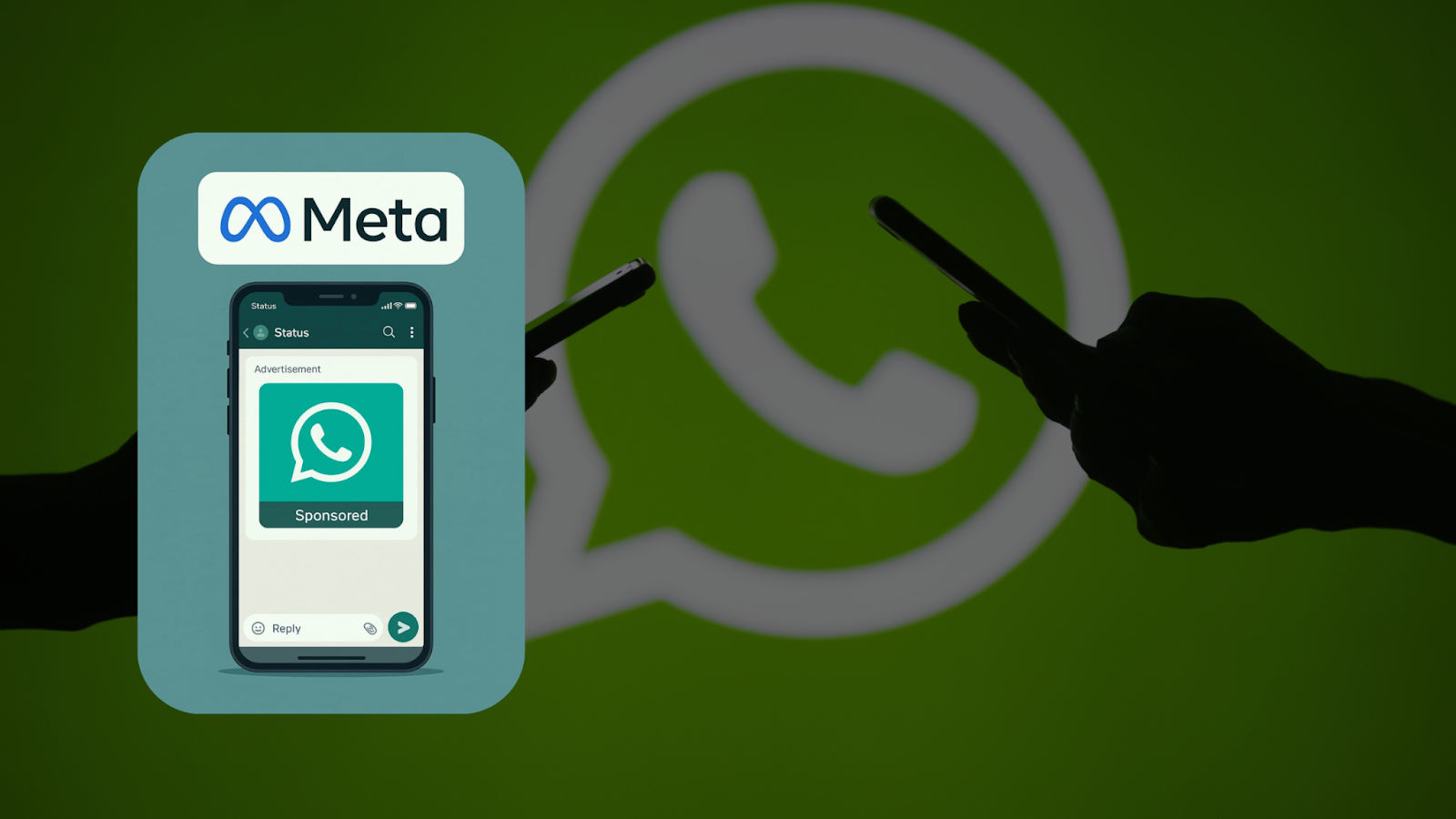WhatsApp has over 2.7 billion monthly active users as of 2024, making it the world’s most popular messaging application, followed by Facebook Messenger, WeChat, and telegram. The app is especially dominant in countries like India, Brazil, Indonesia, and Europe and Africa, where it is one of the leading means of both personal and business communication.

Even with its huge number of users, WhatsApp has been predominantly ad-free since its inception. With Meta seeking alternative sources of revenue outside Facebook and Instagram, WhatsApp’s size and international reach position the app well to become a force for driving in-app ads. This move into monetization in the space of in-app ads is a dramatic transformation of how WhatsApp will operate for consumers and marketers in the future.
Meta is back in the news, this time for adding ads to one of its most successful platforms: WhatsApp. Famous for its simple and intimate user interface, WhatsApp has been ad-free since its release. That is no longer the case as Meta starts testing ad features in the app. The update is part of Meta’s broader plan to boost revenue across its platforms, particularly as growth on Facebook and Instagram slows.
According to 2024 figures, WhatsApp has over 2.7 billion active users per month and is the globe’s most widely used messaging app. It is a vital channel of communication in such places like India, Brazil, Southeast Asia, and parts of Europe and Africa. With such magnitude, WhatsApp presents a huge opportunity for advertisers and a potential revolution in terms of user experience.
In this news article, we’ll explore what this change means, why Meta is making the move now, how it will affect users, and what businesses and marketers should know moving forward.
What’s Changing Inside WhatsApp?
Meta will introduce ads in selected spaces of the WhatsApp interface but will not touch private one-on-one conversations. It is reported that ads will be displayed on the Status feature (similar to Instagram Stories), WhatsApp Channels, and potentially the chat list. These placements are meant to keep core messaging private but enable ad space for businesses.
Though this rollout is under trial, it marks a definitive change in the role of WhatsApp in Meta’s business model. The firm has made it clear that personal chats would continue to be free of advertisements, and end-to-end encryption would keep personal messages safe. But commercial interactions like updates from businesses, creators, or brand channels-might soon be monetized with ads.
For users, it will mean more business content inside the app. For marketers, it provides a new avenue to connect with consumers directly in a platform they see daily.
Why Is Meta Adding Ads to WhatsApp
Meta’s move to introduce ads on WhatsApp is largely motivated by the need to boost revenue. Although Facebook and Instagram have been its main ads platforms for years, growth on them is decelerating. WhatsApp, in spite of boasting one of the largest global user bases, has so far remained largely untapped for ad revenue.
By adding ads, Meta is turning WhatsApp into a more interactive part of its business model. WhatsApp is not only being used in countries like India and Brazil for chat but also for business communication, customer service , and even for retail shopping. Placing ads on mediums like Channels or Status allows brands to reach users where they are already situated, without them leaving the app.
This shift also fits into Meta’s vision of building an end-to-end integrated experience. The company desires people to chat, discover content, shop, and interact with businesses in one place. WhatsApp is poised to become a key part of that strategy.
Quick Link: Meta Releases AI Model that Can Check Other AI Models’ Work
How Will This Impact Users and Privacy?
Private chats will remain ad-free
Meta confirmed that personal and group conversations will still be protected with end-to-end encryption and will not show any ads.
Ads will appear in public areas
Users may start seeing ads in features like WhatsApp Status, Channels, or possibly the chat list not inside personal messages.
The overall app experience may change
While core messaging stays untouched, users may notice more business-related content in the app, which could feel less private.
User data will be handled carefully
Meta stated it will not read personal messages. Ad targeting will rely on user behavior in public channels, business interactions, or general interests.
Privacy concerns may grow
Even without message scanning, some users may worry about how their activity is being tracked and used to serve ads.
Quick Link: How to Optimize your Website for SEO
What This Means for Businesses and Marketers
New advertising space to reach users
WhatsApp’s Status and Channels will offer fresh, high-visibility ad placements inside a widely used app.
Access to a massive global audience
With over 2.7 billion users, businesses can reach potential customers in regions where WhatsApp is more popular than email or social media.
Improved direct-to-customer communication
Ads can lead users directly to WhatsApp business chats, making it easier to start conversations, offer support, or complete sales.
Greater visibility for small businesses
Local brands and entrepreneurs may benefit from affordable ad options targeted within their regions or niches.
New tools may follow for ad tracking and targeting
Meta is likely to introduce analytics and campaign tools tailored for WhatsApp, helping marketers measure performance and improve results.
Meta’s decision to introduce ads on WhatsApp is an important change in how the platform will operate in the future. For users, the essential private messaging experience will be safeguarded, but the app will begin to feel more business-oriented because business content will become visible in Channels and Status.

For businesses and marketers, this presents new opportunities to engage with customers directly within one of the world’s most popular apps. With subtle targeting and creative messaging, WhatsApp ads can be a powerful engagement tool, particularly in mobile-first economies.
To explore more insights like this, visit our Digital Marketing Page..
If you’re passionate about trends in tech and advertising, Write for Us and share your voice with our audience.
FAQs
Will WhatsApp display ads in private chats?
No, Meta has assured that private and group conversations will stay ad-free and shielded with end-to-end encryption. Ads will only be seen in places such as Status or Channels.
Why is Meta introducing ads on WhatsApp now?
Meta is broadening WhatsApp’s function in its company strategy to earn more money as ad growth on Facebook and Instagram slows. With more than 2.7 billion people, WhatsApp is an enormous untapped opportunity.
Can small businesses use WhatsApp advertising?
Yes, when fully implemented, WhatsApp ads should be able to benefit small and local businesses with targeted ad placements in order to best reach customers.